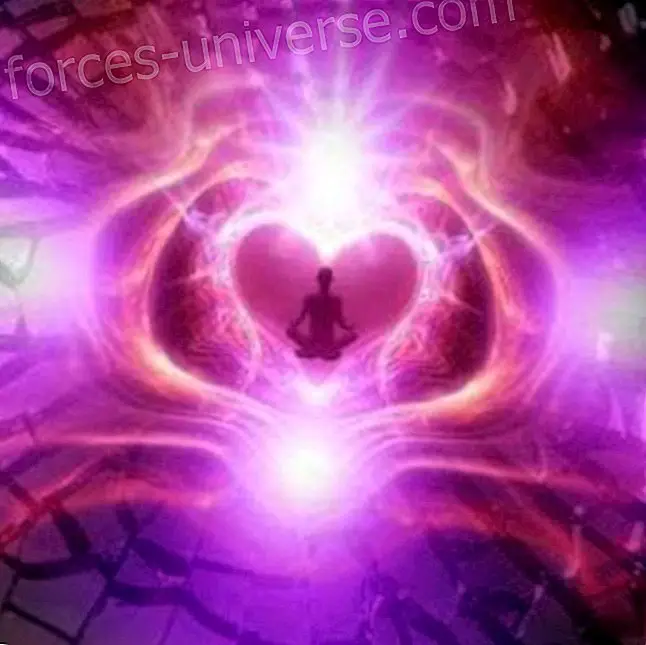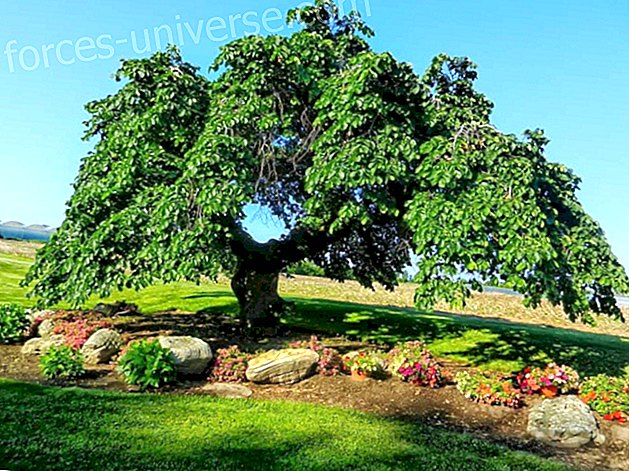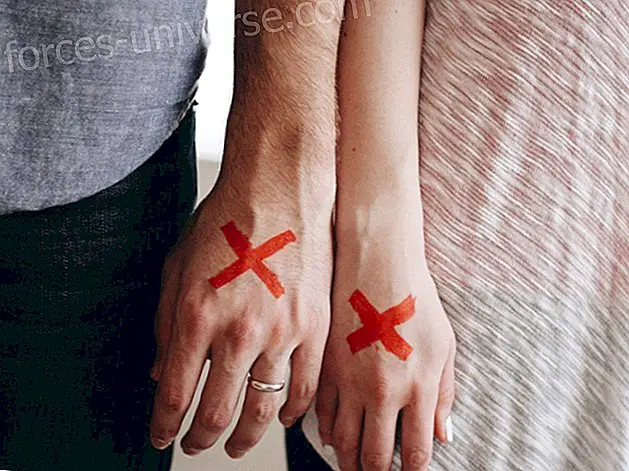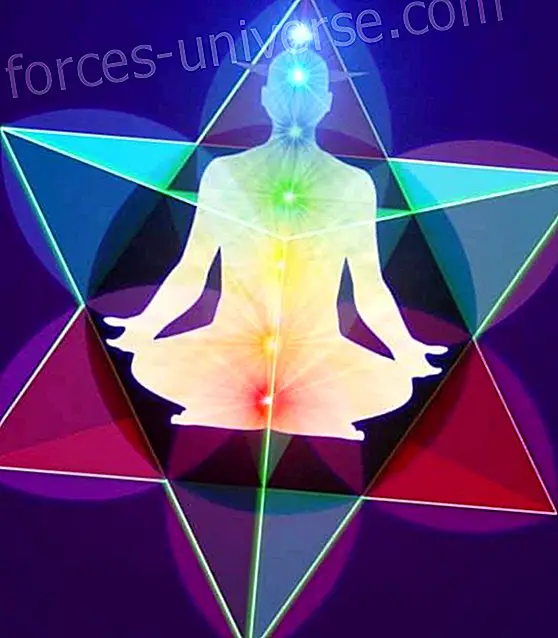All the knowledge of the world is worth little if our rancor continues to grow more and more than the behavior of a stranger reminds us of our unhealthy relationships. What is the use of knowing ourselves if we use it to enliven the hatred we have and the feeling of guilt, which tell us that, despite all our efforts, we will never be able to be, to do Or to serve enough to be worthy of our own love?
Forgiveness means accepting our own merit as human beings, understanding that mistakes are opportunities to grow, become aware and develop compassion, and understand that the magnitude of love for ourselves and others This is the glue that holds the universe together.
Forgiveness is an answer, the implicit answer of our existence. Forgiveness is the means to repair what is broken. He takes the broken heart and repairs it. He takes the trapped heart and releases it. He takes the heart stained by shame and guilt and returns him to his immaculate state. Forgiveness restores in the heart the innocence we once knew, an innocence that allows us the freedom to love.
When we forgive and are forgiven, our life is always transformed. The sweet promises of forgiveness are fulfilled and we are offered a new beginning with ourselves and the world. The concept of forgiveness can cause two things: either to disable us, limiting our capacity for clarity and joy, or to encourage us, offering us a way to leave the past and be free to live with greater peace and happiness.
To forgive is not to justify negative or inappropriate behaviors, whether they are their own or others. Abuse, violence, aggression, betrayal and dishonesty are just some of the behaviors that may be totally unacceptable. Can you forgive an incompetent worker and fire him for not doing his job well? It is not necessary to go and say: I forgive you, although sometimes this can be an important part of forgiving. Forgiveness only requires a change of perception, another way of considering the people and circumstances that we believe have caused us pain and problems.
As we all know, anger and resentment are very strong emotions that waste our energy in many ways. When we take off our capes, we will probably discover that anger is really a superficial feeling. Not in the sense that it is trivial or false, but in that there are many feelings and dynamics below it. When we get lost in anger we become deaf to our deepest feelings. We have learned to listen only to those who know how to scream louder.
Many believe that staying angry, clinging to rancor is synonymous with power, energy and dominance. But in reality the only thing they discover is feelings of helplessness, disappointment, insecurity, affliction or fear and they use them frequently to replace feelings of true personal power.
Sometimes it is much more comfortable to feel anger than to feel fear and sadness. In fact, one reason why it is usually difficult to forgive is that in order to do so you must bring to light and accept the truth of what we really feel. This can be a painful revelation if we have learned to live with denial and repression. However, you should try to remember that on the other side of pain is relief and greater peace of mind. When he takes a large part of his life feeling victim, he may find an enormous resistance to forgive, because in doing so he renounces a good part of his identity. Forgiving does not mean denying that you have been a victim, it means that the fact of having been a victim does not necessarily dominate the identity and current emotional life.
As you work with forgiveness, it is important to take into account the thoughts that emerge and the reactions. If fear appears, self-criticism, doubts must be kind to oneself. These feelings are like a natural part of the process of change. Actually, being kind to oneself is, in itself, a great act of forgiveness towards oneself. Regardless of the thoughts or feelings that arise, it affirms the commitment to be treated with kindness. Being kind to yourself does not mean that you do not put effort and will, or justify thoughts or behaviors that are considered improper, but that you can learn without hitting your hardness with yourself and that feeds a counterproductive cycle that removes power and It favors the feeling of guilt, lack of respect and self-esteem for oneself.
Forgiveness is a decision, an attitude, a process and a way of life. It is something we offer to other people and something we accept for us. Forgiveness is a decision, to see beyond the limits of another person's personality, their fears, idiosyncrasies, neuroses and errors, the decision to see a pure essence, not conditioned, by personal stories that have unlimited capacity and Always worthy of respect and love.
Each time a change is made, we weaken the monopoly of the ego over our perceptions and enable ourselves to let go, release and forget the past. Forgiveness is usually experienced as a feeling of joy, peace, love and openness of the heart, relief, expansion, confidence, freedom, joy and a feeling of doing the right thing. Forgiveness is a way of life that gradually makes us a victim of our own circumstances as powerful and loving creators of our reality. It is a commitment to experience something new every moment, clearly and without fear. It is the disappearance of perceptions that hinder our ability to love.
Forgiveness teaches us that we can disagree with someone without withdrawing love and respect. It takes us beyond the fears and survival mechanisms of our conditioning, towards a courageous vision of the truth that offers us a new field of choice and freedom, where we can rest from our struggles. It guides us to where peace is not unknown and gives us the possibility of knowing what our strength is.
——————————————-
Author / origin:
VICTOR MANUEL GUZMÁN VILLENA
Seen in:
http://el-amarna.blogspot.com/






